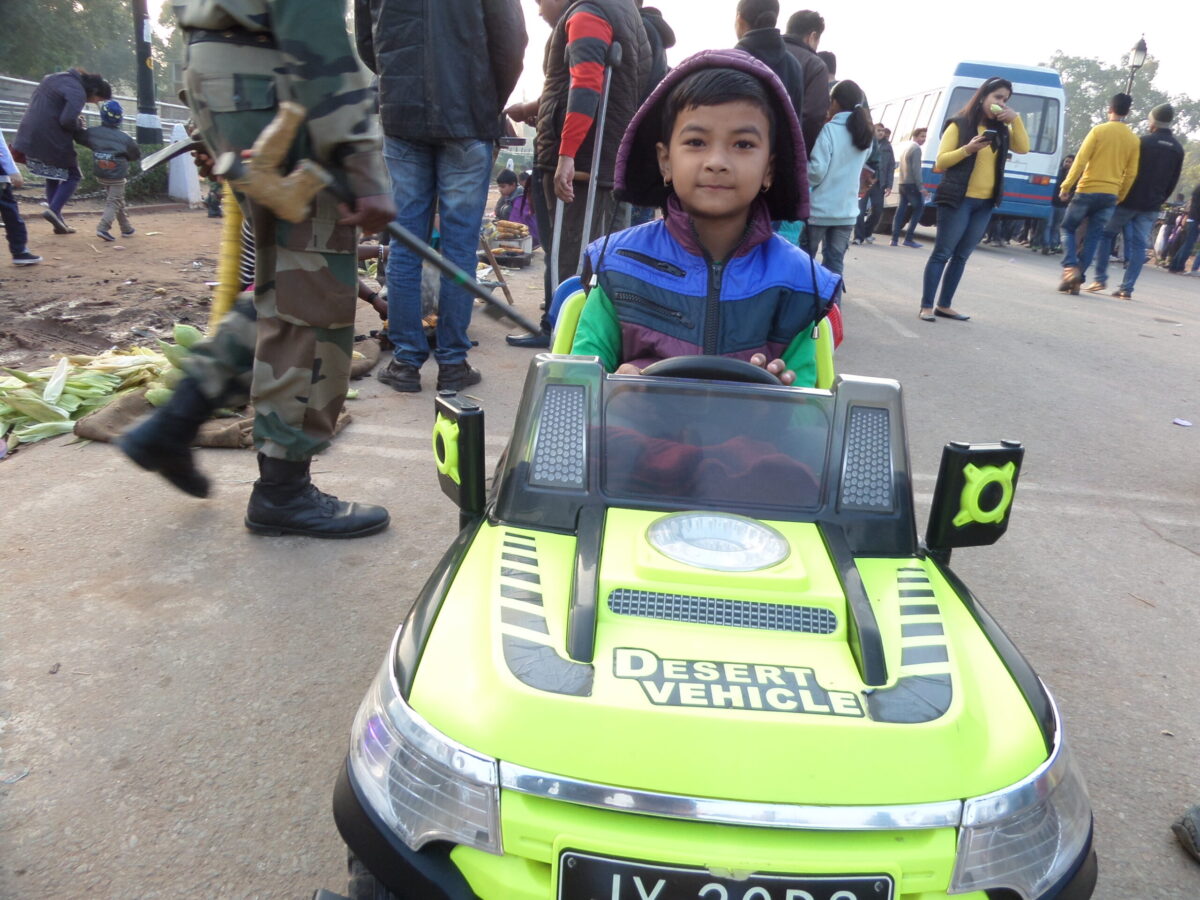There are a lot of things that make angry kids. It’s possible that they’ll feel resentful towards both their parents and their friends. It is essential to keep in mind that the feelings of anger that are experienced by children are frequently a normal and even healthy response to challenging circumstances. It is essential for parents to make an effort to comprehend the factors that contribute to their children’s outbursts of rage and to collaborate with their children in order to discover constructive means of coping with and expressing those emotions.
It is essential for parents to have patience and understanding with their children and to make an effort to communicate with them in order to gain insight into the possible motivations behind their misbehavior or defiance. When dealing with angry kids, it may be beneficial to seek the support or direction of a reliable authority figure, such as a counselor or a teacher, in certain circumstances. In the end, the method that is used to discipline children will be determined by the specific circumstances involved as well as the requirements of the children. The following are some examples of common reasons:
Frustration: Children are more likely to experience frustration when they have the perception that their wants or needs are not being met. For instance, if a child is told that they cannot have a toy that they want or if they are not permitted to do something that they want to do, the child may become angry about the situation.
The inability of children to comprehend why their parents have chosen a particular path or imposed a particular regulation can lead to feelings of resentment and hostility on their part.
One of the causes of children’s hostility is stress. if children are experiencing feelings of being overwhelmed or stressed as a result of school, relationships, or other aspects of their lives.
Lack of control: Children are more likely to experience anger if they have the perception that they have little influence over their lives or if they believe that their parents exert too much control over them.
Needs of an emotional nature Children are more likely to become irritable if they believe that their emotional needs are not being met. For example, if they believe that their parents do not show them love and affection or listen to what they have to say, this could cause them to become angry.
Managing angry kids at home
At home, there are a few different approaches that parents can take to assist their children in better managing and controlling their feelings of anger:
Determine the reason(s) behind the anger: It may be helpful to make an effort to comprehend the reasons behind the ire of your children. Is it due to a particular occurrence or circumstance, or is it more likely the result of underlying feelings of frustration or stress? When you and your child have a better understanding of the reasons why there are angry kids at home, you will be able to work together to find solutions that get to the heart of the issue.
Assist your children in expressing their emotions, as it is essential for them to learn how to do so in a manner that is beneficial to their development. You should encourage your child to talk about how they are feeling and to use words to describe their emotions. Encourage your child to talk about how they are feeling. You can also encourage your child to draw, write, or participate in other creative activities as a means of expressing their emotions. This can be done either independently or together with your child.
It is essential for parents to set a good example for their children regarding healthy coping strategies because children learn by watching their parents. If you feel yourself becoming angry, give yourself a moment to take a few slow, deep breaths and compose yourself before reacting. You can also try to encourage your child to take a break and engage in activities that help them relax, such as reading a book, listening to music, or going for a walk outside. This can be done in a number of different ways.
Establish clear boundaries and reasonable limits Children require clear boundaries and reasonable limits in order to feel safe and secure. It is essential for parents to establish unequivocal rules and consequences for their children’s inappropriate actions. At the same time, it is essential to maintain a flexible stance and be open to negotiation, so long as the terms of the discussion remain reasonable.
Putting mindfulness into practice means paying attention in the moment without passing judgment on what you see or experience. Encourage your child to engage in mindful practice either by paying attention to the breath or by participating in activities that require focus and concentration, such as drawing or coloring. This will help them become more present at the moment.
Seek assistance from outside sources: If you find angry kids and their anger is causing significant issues either at home or at school, it may be beneficial to seek the advice of a mental health professional. Your child may benefit from seeing a therapist or counselor who can help them determine the factors that are contributing to their anger and work with them to develop techniques for anger management and anger reduction.
Get on their level: When talking to children, it can be helpful for adults to get on their children’s level and maintain eye contact to demonstrate that they are paying attention to what is being said.
Use nonverbal cues: Sometimes, all it takes to get kids’ attention and encourage them to listen is to look at them or make a gesture. If you use these nonverbal cues, you’ll be more effective.
Try expressing how you feel by using “I” statements. Instead of saying things like “you’re wrong” or “you’re making me angry,” try using “I” statements instead. For instance, one might say, “When you don’t listen to me, it makes me feel frustrated.” This makes it easier to communicate your feelings to your children without laying blame or passing judgment on them.
It is essential for parents to keep in mind that their children are unique individuals and that strategies that are successful for one child may not be applicable to another. Finding the strategy that is optimal for each child will likely require some trial and error on the part of the researcher.
Don’t yell at angry kids
Shouting or yelling at children can be detrimental to their health and growth as individuals. Children who are subjected to frequent yelling may experience feelings of anxiety, depression, and unsafety. The relationship between a parent and child can also be damaged by yelling, which can lead children to tune out or become resistant to their parents’ attempts to communicate with them.
There are more productive ways to discipline children and communicate with them than to raise one’s voice in an angry manner. These include modeling the behavior that you want your children to exhibit, establishing limits in a calm and firm manner, using positive reinforcement, and establishing rules that are clear and consistent.
It is essential to keep in mind that children are still acquiring new knowledge and developing new skills, and it is possible that they will not always understand or behave in the way that we would like them to. It is normal to experience feelings of frustration or anger from time to time; however, it is essential to make an effort to maintain composure and search for different approaches to dealing with problematic behavior or situation.
Make your kids happy
There are many different things that parents can do to make their children content. Some points to consider are given below:
Spending quality time with them can help children feel loved and valued by their parents, which can often bring out the happiest feelings in them. It is important to make time to spend with your children, whether it be through activities such as going for a walk or playing games with them or even just sitting down and having a conversation with them.
Ask your children about their interests, activities, and thoughts to demonstrate that you are interested in their lives and that you care about what goes on in their lives. This makes it more likely for children to have the experience that their thoughts and emotions are taken into consideration, which in turn can help to strengthen the connection between a parent and their child.
Motivate them to pursue their passions and interests by showing them that you support them in this endeavor. This could entail enrolling them in activities that they take pleasure in, such as sports, music lessons, or art classes, or it could simply entail providing them with the resources and support they require to investigate their interests on their own.
Exhibit love and affection: Children both require and crave love and affection from their carers. Make it a point to express your love for your children both verbally and physically by giving them lots of hugs and kisses, as well as showing them affection in the form of physical touch.
Make sure your home is a happy place for your kids by maintaining a good atmosphere there. This will go a long way toward ensuring that your children are content and safe. This involves creating an atmosphere of respect and kindness within the home, in addition to making it a secure and comfortable place to live.
It is important to keep in mind that a child’s happiness is not solely dependent on the activities or experiences that take place outside the home. For example, going on vacation or having a party outside can undoubtedly be enjoyable and fun for children. The little moments of connection and love that occur throughout the day are the ones that have the potential to make the biggest impact on the health and happiness of children.

Naorem Mohen is full time Blogger and helps parent improve their parenting skills, resulting in better relationships with their children. He also provides guidance to individuals and couples to enhance their relationships and communication. Naorem supports people in need to help them in their personal growth, helping them set and achieve meaningful goals.







Comment on “How to cope with angry kids?”
Comments are closed.